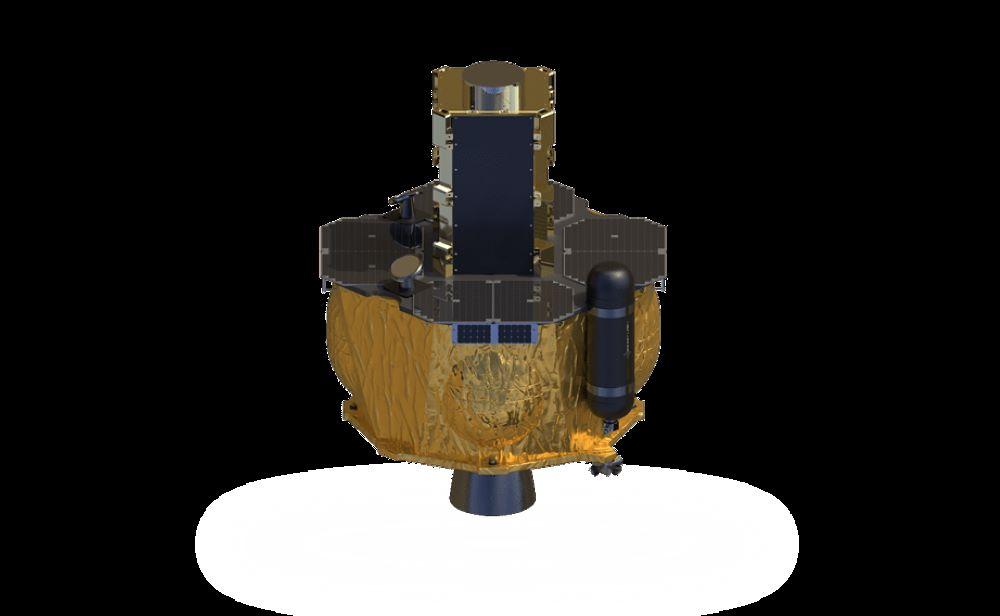This article is published in Aerospace Daily & Defense Report, part of Aviation Week Intelligence Network (AWIN), and is complimentary through Jan 10, 2024. For information on becoming an AWIN Member to access more content like this, click here.

Rocket Lab advertises its Photon space vehicle as configurable for a wide variety of missions, including satellite constellations.
Rocket Lab has received a $489 million contract to design, build and operate 18 space vehicles on behalf of an undisclosed U.S. government customer.
The contract was through subsidiary Rocket Lab National Security, the company said in a filing with the U.S. Securities and Exchange Commission on Dec. 21. Besides the financial disclosure a few days before Christmas, Rocket Lab did not issue any other details on the contract.
Rocket Lab is best known as the designer, manufacturer and operator of the Electron launch vehicle, a two-stage small rocket. After an accident in September that destroyed its payload, the Electron booster returned to flight in December, delivering a synthetic aperture radar Earth-imaging satellite into orbit for Japan’s Institute for Q-shu Pioneers of Space.
Despite getting its start as a launch vehicle company, Rocket Lab has worked in recent years to diversify its business. The company manufactures satellite components including star trackers, reaction wheels, radios and solar panels.
It has also developed the Photon spacecraft, which is based on the company’s rocket motor kick stage. The Photon can use its chemical propulsion to fly missions in low Earth orbit, medium Earth orbit, geostationary orbit, lunar orbit and on planetary journeys. It can also be used to host small spacecraft for later deployment, as it did in 2022 when it deployed NASA’s small Cislunar Autonomous Positioning System Technology Operations and Navigation Experiment (Capstone) spacecraft to lunar orbit.
The company advertises the Photon as configurable for satellite constellations, weather observation, Earth observation, communications, hosted payload, technology demonstrations, and planetary science and exploration applications. Rocket Lab says four Photon spacecraft are operating in orbit.
Rocket Lab’s recently announced contract with the U.S. government does not disclose the spacecraft’s mission or the technology upon which it is based. The company says work is to begin immediately and the space vehicles are to be delivered to the customer for a 2027 launch. The satellites are to operate through 2030. Rocket Lab says, in addition to the base amount of $489 million, it has options totaling $26 million, including an option to operate the satellites through 2033.
The U.S. Space Force is buying hundreds of small satellites for a variety of missions. For example, its Space Development Agency and Space Systems Command are each developing constellations, with early satellites on orbit to be used for missile warning and tracking.





